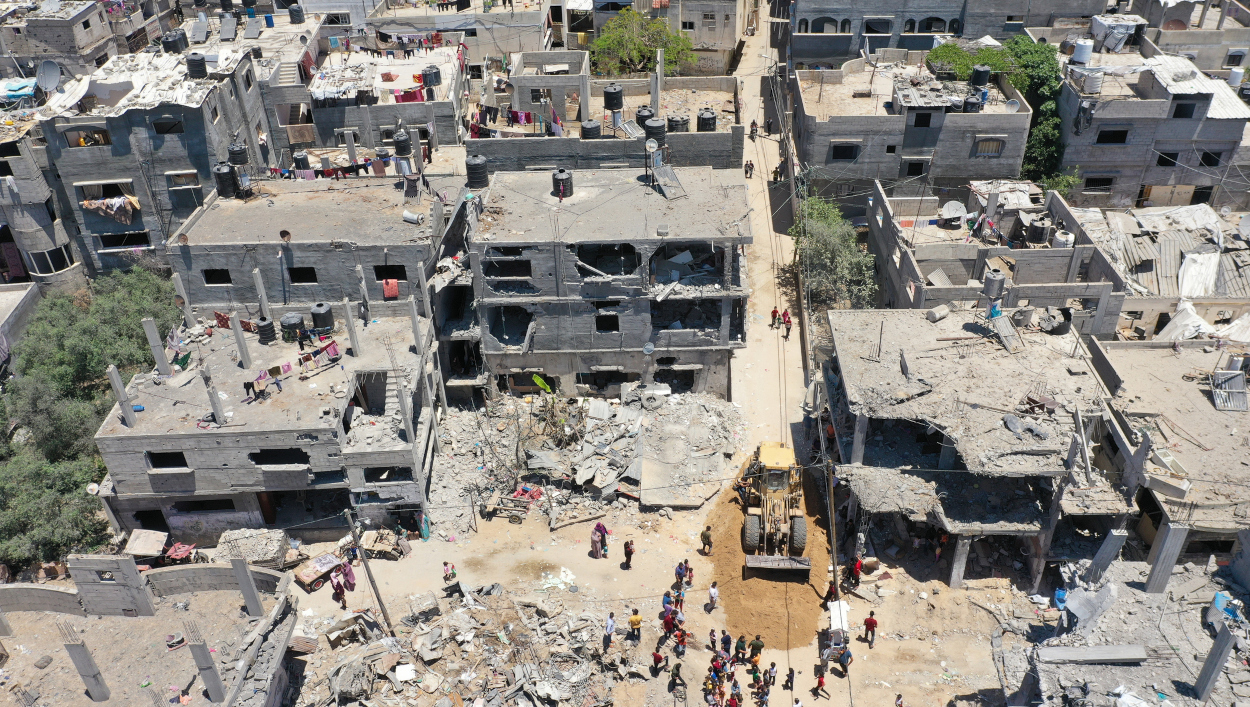MENA region: Fallouts from the Hamas-Israel war affect neighbouring countries

Event
The Hamas-Israel conflict – that has been raging for more than a month – entered a new phase on October 27. The Israel Defence Forces (IDF) began the largely anticipated ground operation in Gaza, concentrating on the north of the strip. Moreover, skirmishes between the IDF and Hezbollah at the Lebanese-Israeli border have also intensified and Iran-backed groups based in neighbouring countries (Yemen, Iraq and Syria) have attacked US and Israeli assets – one of the most recent events was the cargo ship seizure in the Red Sea by Yemen-based Houthi militia on 19 November.
Following the deal Hamas and Israel struck on 22 November, a four-day truce is expected in Gaza. The deal foresees, among others, the liberation of 50 hostages in exchange for 150 Palestinian prisoners and increased humanitarian aid in Gaza. Nonetheless, before the brokered agreement, Prime Minister Netanyahu signalled that the war will still continue.
Impact
The Hamas-Israel conflict currently remains largely located in the Gaza Strip. However, the conflict’s fallouts are already reverberating and increasing social and political tensions across some Middle Eastern and North African countries. For instance, indignation concerning the humanitarian toll in Gaza has been fuelling social discontent in the region. This could evolve into larger and more destabilising unrest in some neighbouring countries experiencing difficult socioeconomic situations and other social grievances (e.g. Lebanon, Egypt and Jordan). Moreover, the conflict is also starting to have economic repercussions outside the directly implicated parties. The heightened geopolitical risks are notably impacting the tourism sector, as reports indicate that flight bookings to many countries in the region have fallen significantly since the outbreak of the conflict (e.g. Lebanon, Egypt and Jordan). A prolonged disruption of the tourism sector could severely impact the tourism-dependent neighbouring countries even if they are not directly implicated in the conflict. Particularly exposed are Jordan, Egypt and Lebanon, given their reliance on tourism and their very weak macroeconomic fundamentals (among others, poor public finances).
Despite the agreed temporary truce and the Hamas-Israel conflict being largely concentrated in Gaza, geopolitical risks heighten existing downside risks in neighbouring countries, especially those experiencing significant fiscal and liquidity pressures. In this context, Credendo maintains a negative short-term and medium- to long-term outlook for Egypt and Jordan. For Lebanon, Credendo maintains its short-term and medium- to long-term classifications in category 7/7.
Analyst: Andres Hernandez Cardona – a.hernandezcardona@credendo.com